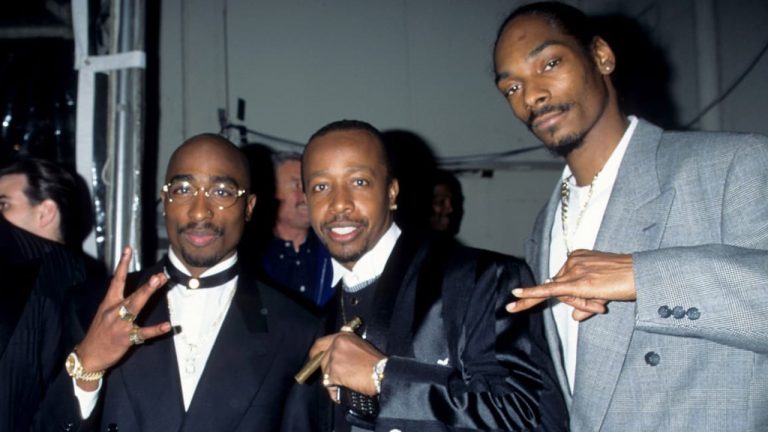
Quivr allows users to connect multiple apps, including Spotify, Steam and Instagram, to generate behavior-based badges proving their interests.
A Web3 app launched on June 27 lets users prove their social credibility using blockchain technology, according to an announcement from the app’s development team. Called “Quivr,” it lets users connect apps they regularly use, such as Spotify, Steam, Apple Music and others. Based on their behavior in these apps, Quivr generates blockchain badges that prove their interests or membership within communities, which can then be used as a way of identifying users who have common interests.
Quivr has launched on the Apple App Store, with an Android and web version scheduled to be released in about two weeks, developers told Cointelegraph. Over 10,000 users created accounts during the app’s beta period.

According to the announcement, Quivr has formed an initial set of partnerships with celebrities and organizations to help build communities through the app, including Ross Butler, Jack Dylan Grazer, Ohio State, Arizona State, Kansas State and Fenix Games.
In a conversation with Cointelegraph, Quivr co-founder and CEO Ray Lee stated that the current version of Quivr can connect to 11 different apps: Spotify, LinkedIn, Steam, Twitter, Apple Music, Apple Health, Instagram, TikTok, Audius and Canvas.
The users’ behavior on these apps determines the badges they are able to acquire, allowing them to prove their credentials through their actions. For example, if a user listens to jazz music on Spotify, the person may receive a “jazz fan” badge, or if the user plays fighting games on Steam, the individual may receive a “fighting gamer” badge.
If users want to record a credential that can’t be proven through one of these apps, they can instead upload a video or image and have it reviewed by community validators as an alternative form of proof.
Users can browse each others’ profiles and send private messages to each other using Quivr, allowing them to find and chat with others who have proven to share their interests. In the current version, only private messages are available. But the team is experimenting with ideas of creating “community and subgroups around conversations” like a “validated Discord” in the future, Lee stated.
Related: Sam Altman’s Worldcoin secures $115M for decentralized ID
Quivr runs on the Polygon network. However, it does not require users to download a separate wallet or copy down and store seed words. Instead, it uses Magic SDK for logins, a type of new wallet tech that does not require seed words.
Web3 app developers continue to compete for a slice of the lucrative social media and influencer market. Polkadot-based chat app Subsocial implemented Ethereum Virtual Machine compatibility on June 8, and Polygon-based Lens network created a new “layer 3” scaling solution for faster posts on April 26.
Although none of these apps have yet to challenge the Facebooks and Twitters of the world, some Web3 experts believe that social apps will be the killer use case that brings blockchain tech to the masses.












